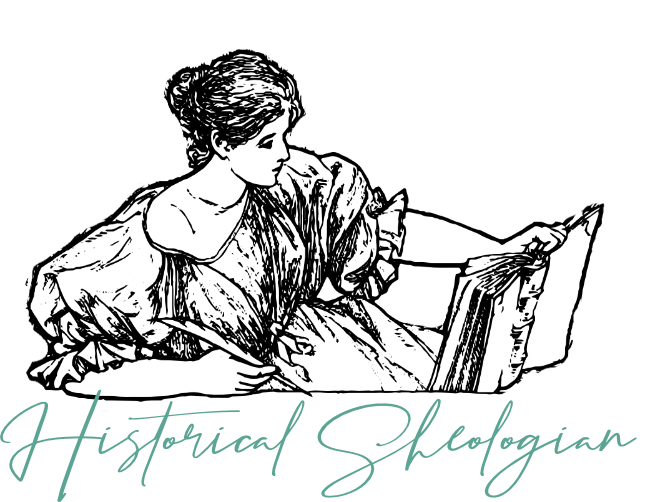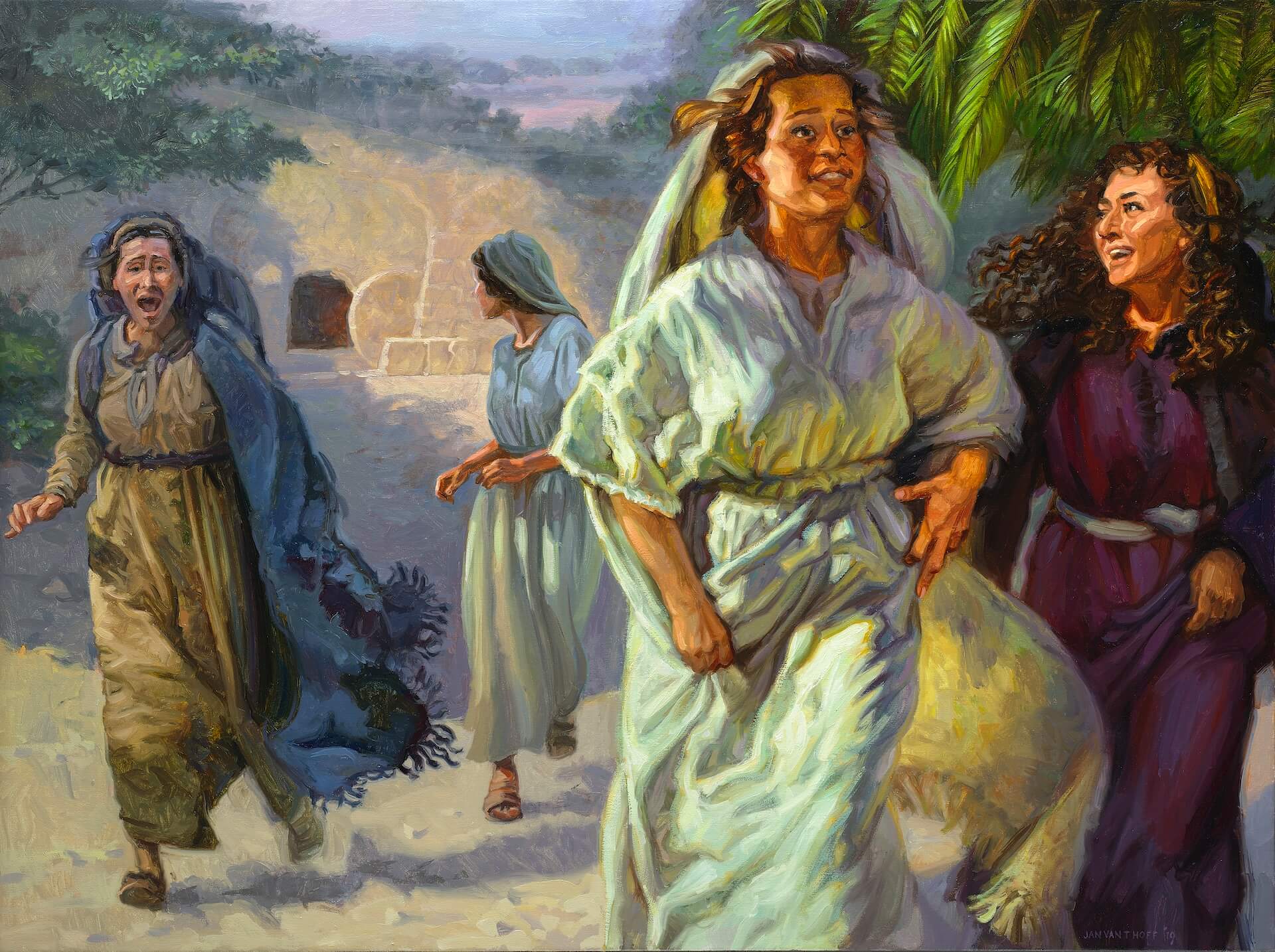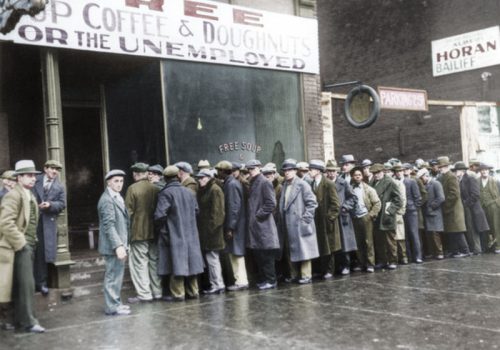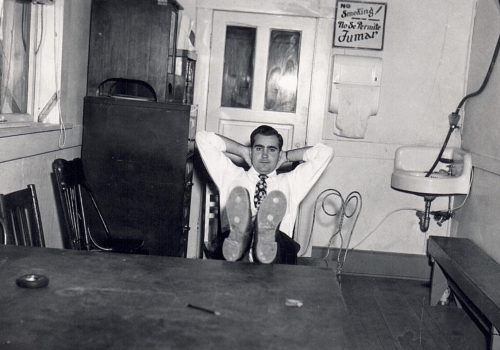“Go Home” Preaching Women
I was made first,
EVE was deceived.
You MUST have a Y chromosome
To PREACH to me.
For you are half a person,
Incomplete…
And I AM a man,
you were made for me.
Or so goes the traditional Roman-Greco understanding of male headship in church leadership.
-Molly Campbell
The history of preaching women is vast and fraught with controversy, even today. One needs only to look at the contemporary egalitarian versus complementarian debates to understand the importance of further research on this issue. For instance, the title of this blog “Go Home,” is a nod to John MacArthur’s public indictment of preaching mother Beth Moore to leave the spreading of the gospel to men.
This research project will examine primary documents, such as journals and letters, from 18th and 19th century Methodist mothers who were called by God to preach the gospel. The goal of this research is to discover how these women describe their duties as mothers and their callings to preach, so that others can have a better understanding of why and how these 18th and 19th century Methodist women were able to navigate the cultural and religious expectations of their day, and to help bring a fuller understanding of this contentious topic.
This topic is of particular interest for the writer not only because she is a PhD Candidate in History with an emphasis on women’s history, but she holds Master’s in Theological Studies, a Graduate Certificate in Spiritual formation, and a Bachelor’s in Biblical Studies. It is through this background of biblical studies, theology, and spiritual formation that the writer brings a unique perspective to women’s religious history studies.
Moreover, by focusing on primary sources written by preaching mothers, this project seeks to highlight the voices of the women themselves and follows a women’s and religious history methodology. In addition to these methodologies, this study will consider contemporary scholarship on clergy mothers as a possible paradigm for re-questioning the past. For instance, building on the work of Sociologist Sharon Hays, and later, Religious Sociologist Sarah-Jane Page’s ideas of “intensive motherhood” and “intensive priesthood,” this project will consider how historical mothers dealt with the tension of both parts of their lives.
The women whose work will be analyzed are Susanna Wesley (1669-1742), Jarena Lee (1783-1850s), Zilpha Elaw (1793-1873), and Pheobe Palmer (1807-1874). Other women may be considered as well, such as Amanda Berry Smith. The specific sources evaluated in this study include Susanna Wesley: The Complete Writings edited by Charles Wallace, Jarena Lee’s 1849 book Religious Experience and Journal of Mrs. Jarena Lee: Giving an Account of Her Call to Preach the Gospel, Zilpha Elaw’s Memoirs of the Life, Religious Experience, Ministerial Travels, and Labours of Mrs. Elaw, and Thomas C. Oden’s edited collection Phoebe Palmer: Selected Writings, among others.
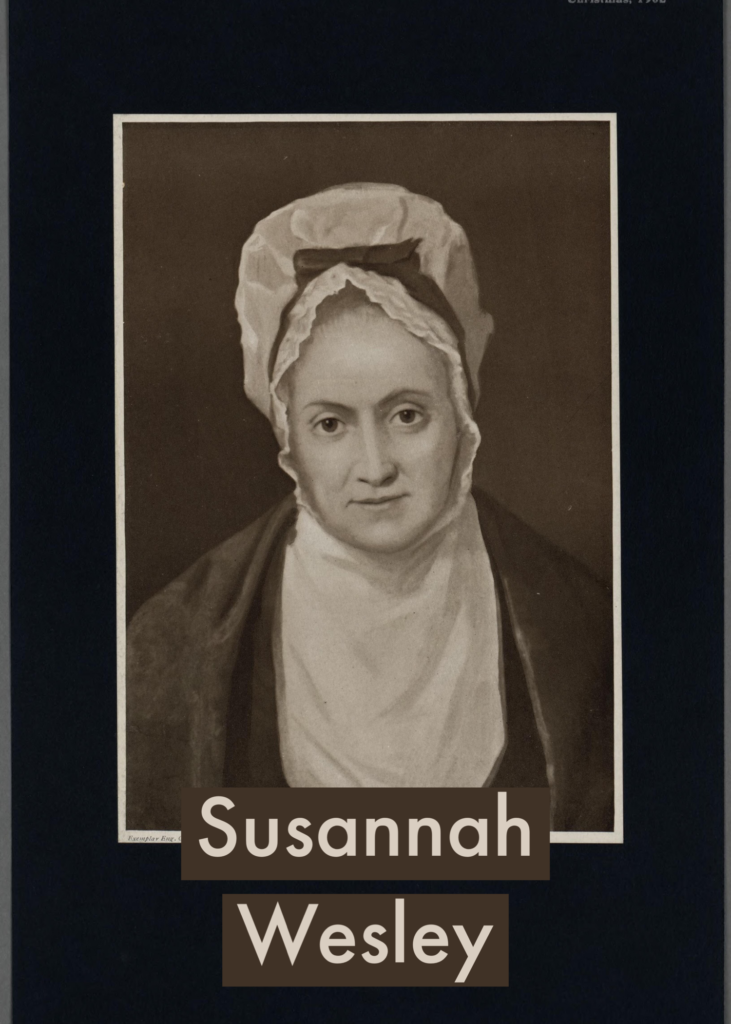
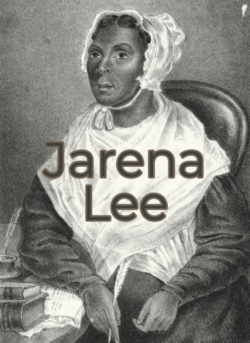
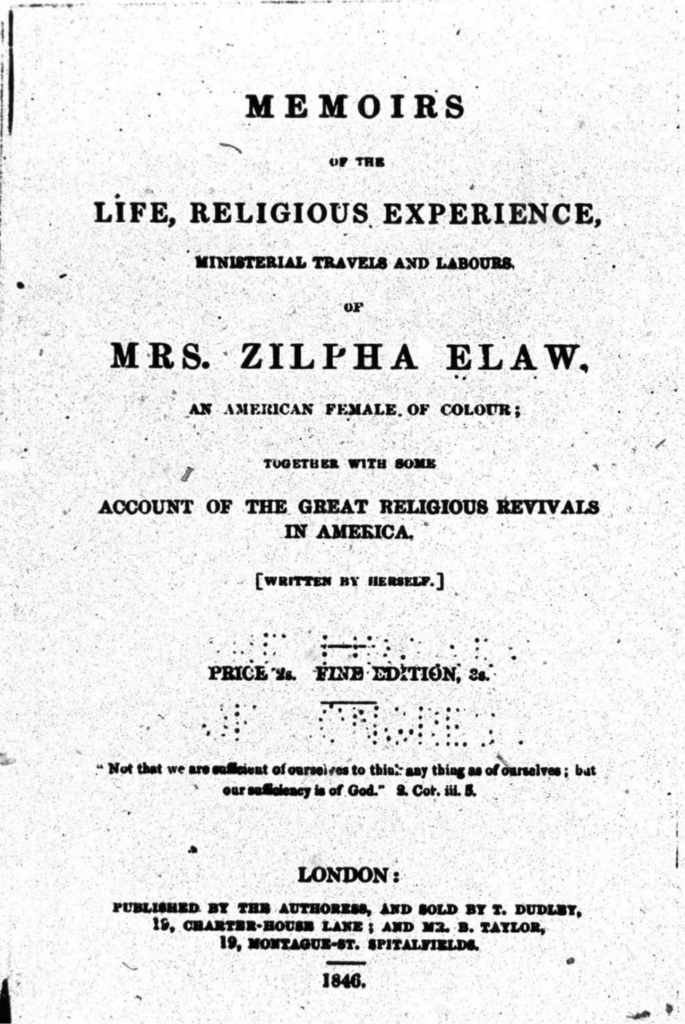
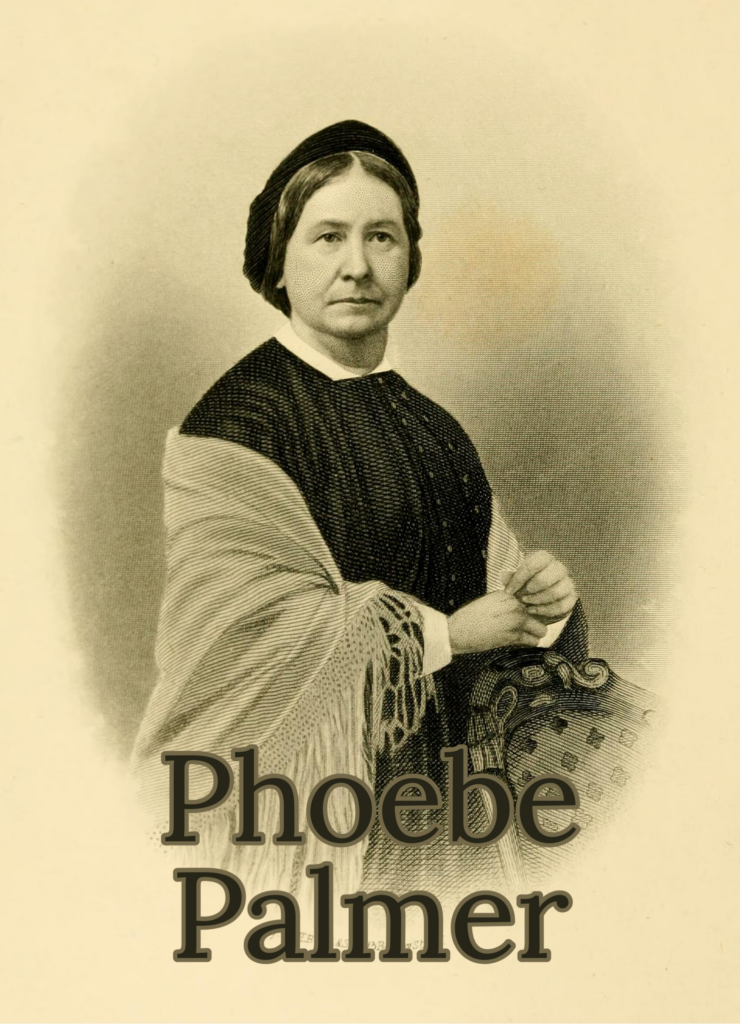
There are several research questions driving this project and relate to motherhood and religious calling. How do these women describe their callings to preach? What about their experiences and theories of motherhood and preaching? What influenced their thinking? Did they answer the call to preach before or after becoming mothers? How did they manage their lives to fulfill their callings? What spiritual formation practices did they recount? Did they make note of any particular outside support as a mother or as a preacher? Is there any conflict between their duty as mothers and their duty to preach? If so, how does each of these women handle this conflict? How was “motherhood” and “preacher” understood during this time? Did these definitions change, and if so, how? Since the research project is still in its early stages, it is important to note that these questions may evolve as further research is uncovered.
This research is significant because women have and continue to serve in the church as preachers and teachers and a fuller understanding of how religious leaders of the past navigated their calling to preach can help shape what contemporary believers think about their own callings. Moreover, women who are mothers face a unique set of challenges and expectations in the past and today. If we could understand how and why these historical figures acted as they did, then the Church could have a historical paradigm to lean on for spiritual formation and development.
Lastly, this project affects a wide range of communities both in and outside of academia, such as, those interested in women’s history, church and religious history, historians of motherhood, American and British history, women called to ministry, those involved in divinity, theology, and spiritual formation, and those who are concerned with the egalitarian versus complementarianism debate. Likewise, this research would help people who are navigating cultural expectations with religious conviction think about historical ways religious leaders have traversed their own struggles. Moreover, while not encompassing all women or mothers who preach, this research hopes to enliven the already started discussion on women and Christianity with the goal of providing a fuller understanding of the past.
Sources Cited
Primary:
Elaw, Zilpha. Memoirs of the Life, Religious Experience, Ministerial Travels, and Labours of Mrs. Elaw. Edited by Kimberly D. Blockett. West Virginia University Press, 2021.
Lee, Jarena. Religious experience and journal of Mrs. Jarena Lee: Giving an Account of Her Call to Preach the Gospel. Philadelphia: Published for the author, 1849. Sabin Americana: History of the Americas, 1500-1926.
Palmer, Pheobe. Phoebe Palmer, Selected Writings. Edited by Thomas Oden. New York: Paulist Press, 1988.
Wesley, Susanna. Susanna Wesley: The Complete Writings. Edited by Charles Wallace Jr. Cary: Oxford University Press, Incorporated, 1997. ProQuest Ebook Central.
Secondary:
Hays, Sharon. The Cultural Contradictions of Motherhood. New Haven: Yale University Press, 1996.
Page, Sarah-Jane. “Altruism and Sacrifice: Anglican Priests Managing ‘Intensive’ Priesthood and Motherhood.” Religion and Gender 6, 1 (2016): 47-63. Brill. https://doi.org/10.18352/rg.10127.
Additional Sources:
700 Club. “Response to John MacArthur.” 700 Club interactive. October 25, 2019. https://www.facebook.com/watch/?v=533966994086089.
“John MacArthur Beth Moore Go Home.” Reformation Charlotte. Web Archive: Way Back Machine, [YouTube] October 18, 2019. https://web.archive.org/web/20200110103349/https://www.youtube.com/watch?v=NeNKHqpBcgc.
“The women return from the grave, after Jesus’ resurrection – Gospel Images.” https://www.gospelimages.com/paintings/66/the-women-return-from-the-grave-after-jesus-resurrection.
Wright, N.T. “Why Women Should be Church Leaders and Preachers//Ask NT Wright Anything.” Premier on Demand. October 1, 2019. YouTube. https://youtu.be/os8M9ln2cM0.
